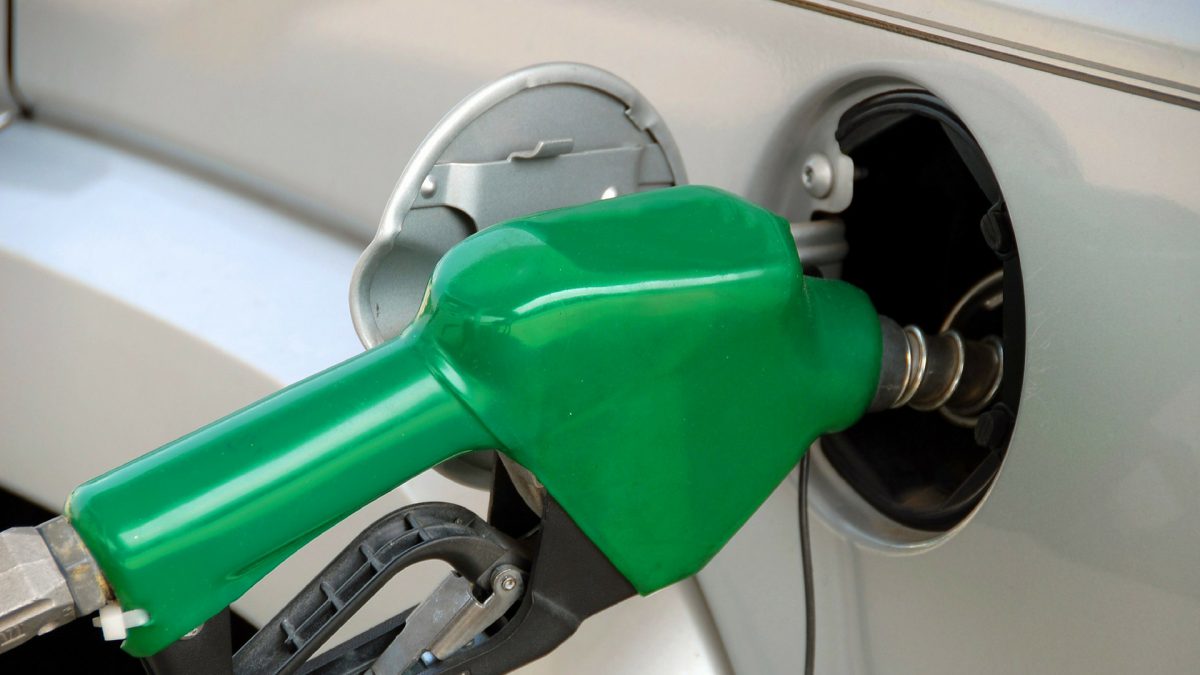Car owners often face a common dilemma at the fuel station: Should they opt for regular fuel or go for the more expensive premium fuel? While premium fuel is marketed as a superior choice, promising better performance and engine longevity, the reality is a bit more nuanced. In this article, we will explore whether premium fuel is truly better for your car and whether it’s worth the extra cost.
Understanding Premium Fuel
Premium fuel typically has a higher octane rating compared to regular fuel. In India, regular petrol usually has an octane rating of 91, while premium petrol can range from 95 to 99. The higher the octane number, the better the fuel can resist knocking or pre-ignition during combustion.
- Octane Rating: Measures the fuel’s ability to resist engine knocking.
- Premium Petrol (95-99 Octane): Provides cleaner combustion and improved power.
- Regular Petrol (91 Octane): Standard fuel suitable for most everyday vehicles.
Does Your Car Really Need Premium Fuel?
The key question here is whether your car’s engine is designed to use premium fuel. In general, most cars running on Indian roads are tuned to run efficiently on regular petrol. Only a few high-performance or luxury cars explicitly recommend premium fuel.
When Premium Fuel Is Necessary:
- High-Performance Engines: Sports cars or turbocharged engines may require higher octane to avoid knocking.
- Manufacturer’s Recommendation: If your car manual specifically mentions premium fuel, it’s best to follow it.
- High Compression Engines: Engines with higher compression ratios perform better with high-octane fuel.
When Regular Fuel Is Sufficient:
- Everyday Commuter Cars: Hatchbacks and sedans like Maruti Swift, Honda City, and Hyundai i20.
- Older Engines: Vehicles without turbocharging or advanced fuel injection systems.
- Budget and Mid-Range Models: Cars primarily designed for city and highway commuting.
Pro Tip: Check your car’s owner manual to know the recommended octane rating.
Benefits of Using Premium Fuel
While premium fuel is not essential for most cars, it does offer some advantages:
1. Better Engine Performance
Premium fuel reduces the likelihood of engine knocking, which occurs when the air-fuel mixture ignites prematurely. High-octane petrol burns more uniformly, providing smoother acceleration.
2. Enhanced Fuel Efficiency
In some high-compression engines, using premium fuel can lead to marginally better fuel economy. The difference, however, is often minimal and may not justify the higher cost.
3. Cleaner Combustion
Premium fuels usually contain detergent additives that help clean the engine’s fuel injectors and combustion chambers. This can result in slightly better performance and reduced carbon deposits.
4. Reduced Engine Wear
Cleaner combustion reduces carbon buildup, lowering the risk of engine damage and extending the engine’s lifespan.
The Cost Factor: Is It Worth It?
In India, the cost difference between regular and premium petrol can be significant—often ₹8-₹10 per liter. The question is whether the marginal benefits are worth the additional expense.
Cost-Benefit Analysis
- Performance Cars: Worth the investment, as these engines are tuned for higher octane.
- Standard Cars: Little to no noticeable improvement, making premium fuel less cost-effective.
- Mixed Use: If your car is primarily used for city commuting, the extra cost of premium fuel may not offer tangible benefits.
Fuel Efficiency Comparison
- Regular Fuel: Offers consistent performance for everyday cars.
- Premium Fuel: Can offer better mileage in high-performance engines, but not enough to offset the extra cost.
Bottom Line: If your car doesn’t require premium fuel, using it regularly may only lead to unnecessary expenses without significant performance gains.
Myths About Premium Fuel
Despite its benefits, there are several myths surrounding premium fuel that need debunking:
Myth 1: Premium Fuel Makes Your Car Faster
Reality: Only cars designed for high-octane fuel can see a difference. Most everyday vehicles won’t notice any speed or power improvements.
Myth 2: Premium Fuel Increases Mileage
Reality: Mileage improvements are minimal and mainly seen in high-compression or turbocharged engines.
Myth 3: Premium Fuel Cleans Your Engine
Reality: While it does contain detergents, so do many regular fuels. The cleaning effect is not exclusive to premium petrol.
Myth 4: Using Premium Fuel Once in a While is Beneficial
Reality: Switching between regular and premium fuels does not necessarily improve performance or longevity.
When Should You Use Premium Fuel?
If your car doesn’t explicitly require premium fuel, there are still some situations where it might be beneficial:
- Heavy Load Driving: Towing or carrying heavy cargo where engine stress is higher.
- High-Altitude Driving: At higher altitudes, premium fuel can reduce knocking.
- Special Maintenance: Occasionally using premium fuel can help clean the engine, especially if you usually use low-quality petrol.
Pro Tip: Use premium fuel periodically if your car has been running on low-quality fuel for an extended period.
Can Using Regular Fuel Damage Your Engine?
If your car specifically requires premium fuel and you use regular petrol instead, the following issues may arise:
- Engine Knocking: Can lead to damage over time.
- Reduced Efficiency: The engine may struggle to produce optimal power.
- Potential Warranty Issues: Some manufacturers may void warranties if the recommended fuel is not used.
However, if your car does not specify premium fuel, using regular petrol is perfectly fine and safe.
Conclusion: Should You Pay Extra for Premium Fuel?
For the vast majority of car owners in India, regular petrol is more than adequate. Premium fuel is only beneficial if your car’s engine demands it. Unless you own a high-performance car or a luxury model that explicitly recommends high-octane fuel, there is no substantial benefit to using premium petrol.
Instead of focusing on the fuel grade, maintain your car properly by using high-quality, regular fuel from reputable stations. Regular maintenance, timely oil changes, and proper tire pressure will have a far more significant impact on your car’s performance and efficiency than choosing between regular and premium fuel. So, unless your car manual insists on premium fuel, save your money and stick with regular petrol.

